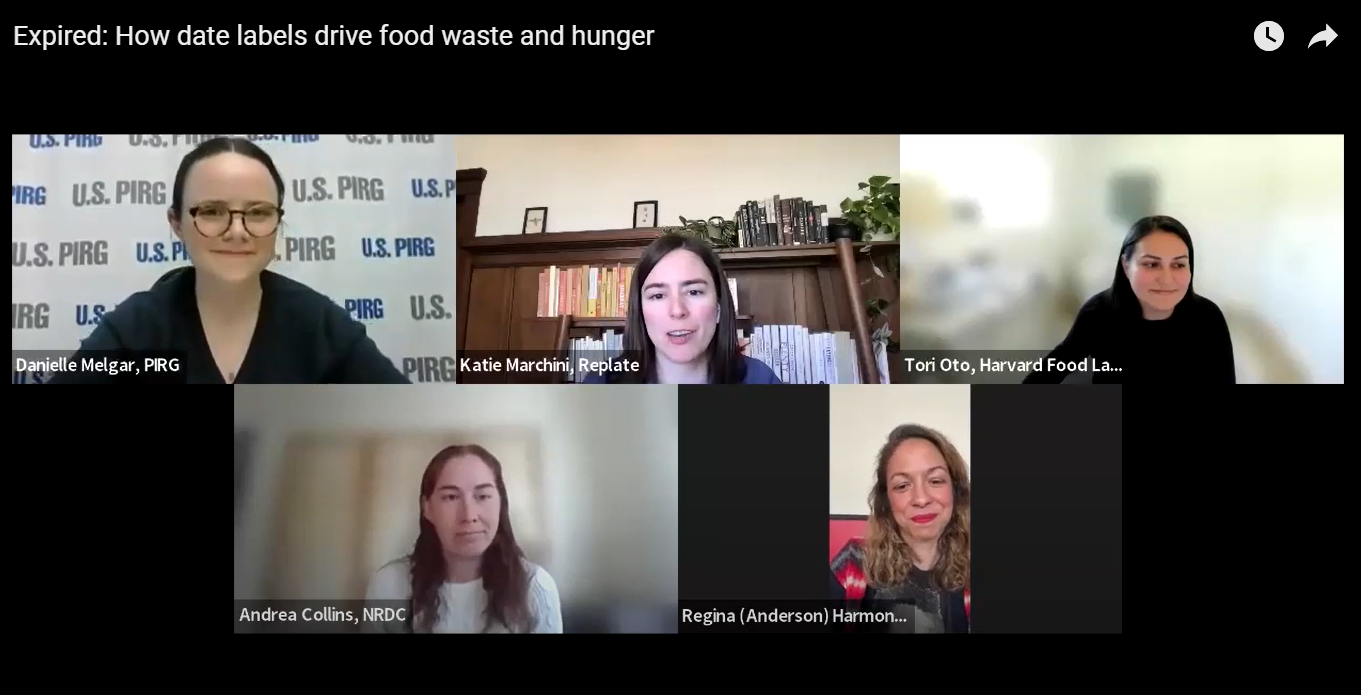
Expired: How date labels drive food waste and hunger
The most cost-effective solution to food waste is right under our noses. PIRG and Replate host food waste experts to discuss food date labeling.
We should be able to trust that the food we buy in the grocery store is safe, and grown in ways that won’t threaten our health.
You want to lead a healthy life, and help your family do the same, and you trust that the food in the grocery store is safe, and grown in ways that won’t threaten our health or safety. But that’s not always the case, and the evidence connecting toxic pesticides to serious health risks, like cancer, continues to grow. It’s also clear that the early warning system for contaminated food, and our food recall system, need a serious overhaul. We can and should expect better.
The most cost-effective solution to food waste is right under our noses. PIRG and Replate host food waste experts to discuss food date labeling.
Stop The Overuse Of Antibiotics
SIGN THE PETITION
ADD YOUR NAME
We know we can get factory farms to change their practices if America's largest restaurant chains commit to serving meat that has been raised without the routine use of medically important antibiotics.
Chemicals linked to cancer shouldn't be anywhere near our crops and the fields where we grow our food.
We rely on bees to pollinate more than 70 of the 100 crops that provide 90% of the world's food — but as our society uses more bee-killing "neonic" pesticides, bee populations are plummeting.
Investigative journalists allege U.S. beef producers use antibiotics World Health Organization deems most valuable to humans
It’s worth spending a little more time and maybe a little more money to purchase a turkey raised without overusing antibiotics.
Buying antibiotic-free meat is important, but not for the reason you might think.
Consumer Watchdog, PIRG